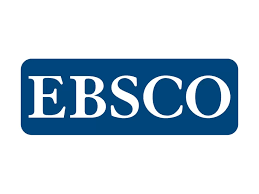PRÉ-CONDICIONAMENTO FARMACOLÓGICO DURANTE CIRURGIA DE CAPTAÇÃO DE ÓRGAOS PODE MELHORAR A VIABILIDADE DOS ENXERTOS?
DOI:
https://doi.org/10.53855/bjt.v15i1.176Palavras-chave:
Transplante, Seleção do Doador, Rejeição de Enxerto, AnestesiaResumo
O Brasil dispõe do maior serviço público de transplantes do mundo, porém, questiona-se sobre a qualidade dos órgãos captados, especialmente em virtude de deficiências nos processos de manutenção do doador em morte encefálica, repercutindo na função dos enxertos. O processo de morte encefálica cursa com alterações hemodinâmicas, endócrino-metabólicas, síndrome isquemia-reperfusão e resposta inflamatória que têm implicação direta na função dos enxertos transplantados. Os anestésicos inalatórios halogenados (isoflurano, sevoflurano) possuem propriedades não anestésicas que resultam em resposta adaptativa endógena a insultos isquêmicos. Sugere-se que haja indicação potencial para administração de anestésicos halogenados no doador em morte encefálica durante a cirurgia de captação de órgãos, implicando em provável melhora da função dos órgãos pós-transplante e diminuição da rejeição aguda no receptor.
















